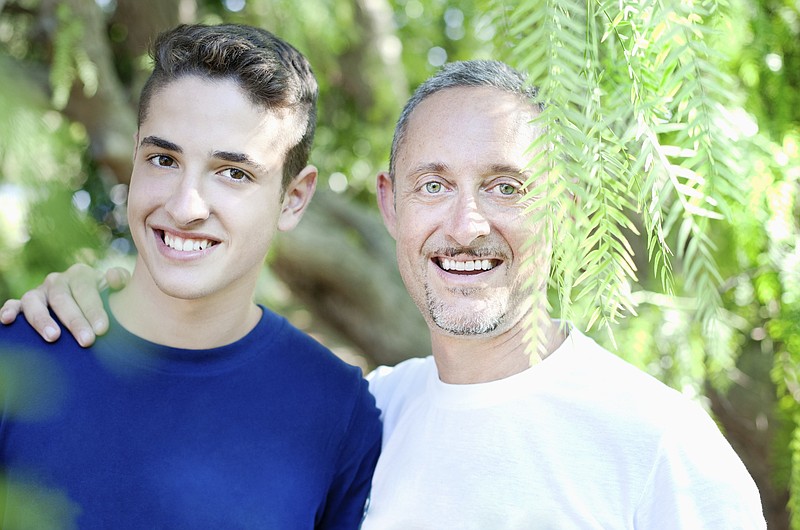In a recent posting on CNN.com, journalist Kelly Wallace said she never imagined she would be spending so much time talking to her daughters about sexual harassment.
When repeated news stories broke about Harvey Weinstein, Roy Moore, John Conyers and all the rest, someone remarked that we need better training. Training? Isn't this just common sense? How could this be a teachable moment? What needs to be taught? Shouldn't all of us know that you don't put your hands on somebody without permission? Shouldn't we be fully aware that you don't use your position of authority to take advantage of anyone sexually or otherwise? Common sense apparently isn't so common.
The Talk
As parents, we need to talk to our kids about sexual harassment. How do we do that?
» First, consider your child's maturity level to understand the conversation. You would discuss some issues with your teenager that you wouldn't with a younger child. Provide a safe environment for honest conversation and questions. And listen!
» Define your terms. "Sexual harassment" can involve direct pressure to touch or be touched, or it can be perpetrated through rumors, unwanted physical images, cyber harassment or stalking.
» Report suspicious behavior to a trusted authority figure. Encourage your child to take action if she experiences it or witnesses it.
» If a person's behavior feels wrong, it probably is. It doesn't matter who that person is: a classmate, teacher, romantic partner, minister, relative, friend or stranger.
» Teach that "no" means "no." Healthy relationships don't develop from fear or pressure.
Genuine help
Children need to be able to talk to trusted adults about bad behavior they saw or experienced and that reporting it will not get them into trouble. They need to feel safe in asking questions and sharing their feelings about experiences where they felt uncomfortable, whether online or in person.
Be a good model for your children in how you treat and stand up for others.
Children watch adults - and they need to see the right way to act. Young kids are sponges, as we parents have learned. They absorb behavior - appropriate and inappropriate. It is our job as parents to make sure they see and digest the kind of admirable behavior we expect of them.
For help, visit the Rape, Abuse & Incest National Network at https://www.rainn.org. Since the mid-'90s, RAINN has helped more than 2.5 million people. It is the nation's largest anti-sexual violence organization, and it has a free and confidential 24/7 hotline.
RAINN says, "Conversations about sexual assault can be a part of the safety conversations you're already having with your children, like knowing when to speak up, how to take care of friends and listening to your gut. The key is to start when your kids are young and have conversations often."
There is a treasure trove of information on the RAINN website. We encourage you to visit it often and tell other parents about it.
Tom Tozer and Bill Black are authors of "Dads2Dads: Tools for Raising Teenagers." Like them on Facebook and follow them on Twitter at Dads2Dadsllc. They are available for workshops. Contact them at tomandbill@Dads2Dadsllc.com.

